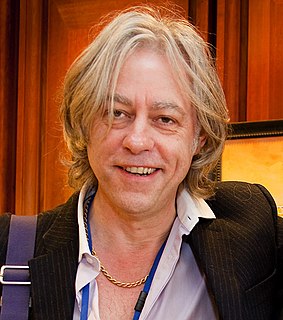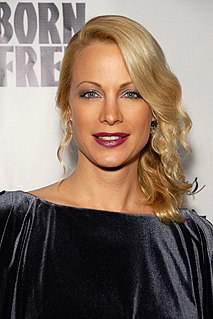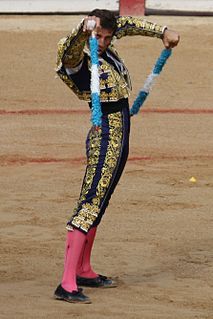A Quote by Seth Godin
In general, organizations are afraid to fire customers, no matter how unreasonable. This is a mistake. It's good for you.
Quote Topics
Related Quotes
Often people say they can't base their strategies on customers because customers make unreasonable requests and because customers vary too much. Such opinions reveal serious misconceptions. The truly outside-in company definitely does not try to serve all the needs of its customers. Instead, its managers are clear about what their organization can and should do for customers, and whatever they do they do well. They focus.
It is not a mistake to commit a mistake, for no one commits a mistake knowing it to be one. But it is a mistake not to correct the mistake after knowing it to be one. If you are afraid of committing a mistake, you are afraid of doing anything at all. You will correct your mistakes whenever you find them.
There are some terrific resources on how to find individual purpose but relative resources on how to discover purpose and apply to an organization. My challenge was to show organizations how they could unlock the purpose of their organizations and put it to good use for employees to apply to their own jobs. The net effect is to help individuals, teams and organizations to optimize performance by understanding how to use purpose for good intention.
The biggest mistake, in general, I've made, is to put too much of a weighting on someone's talent and not enough on their personality. And I've made that mistake several times. I think it actually matters whether somebody has a good heart, it really does. I've made the mistake of thinking that it's sometimes just about the brain.
I try to support any and all animal causes or organizations out there if they are good and reputable. Sadly, there are a lot of people and organizations that raise money but don't do much or don't have good intentions. I've worked with organizations such as Marine Animal Rescue in Southern California.
I'm afraid that we all make mistakes. One of the things that defines our character is how we handle mistakes. If we lie about having made a mistake, then it can't be corrected and it festers. On the other hand, if we give up just because we made a mistake, even a big mistake, none of us would get far in life.
I feel obligated to offer the audience a good fight, and I have a responsibility to entertain the fans. But I also can't make the mistake of underestimating that bull. I would be stupid if I did. No matter how well prepared I am for a bullfight, I never know what will happen in the ring. I don't know how the bull will react and whether he'll give me an opportunity to display my skills. Perhaps he'll be too stubborn for that. And then there's also the wind that makes me afraid. It's a torero's greatest enemy.
I've been asked to explain why I don't worry much about the topics of privacy threat...One reason is that these scenarios seem to assume that there will be large, monolithic bureaucracies...that are capable of harnessing computers for one-way surveillance of an unsuspecting populace. I've come to feel that computation just doesn't work that way. Being afraid of monolithic organizations especially when they have computers, is like being afraid of really big gorillas especially when they are on fire.






































